Professor Lingjun Li reflects on her lab’s interdisciplinary research, the importance of spatial molecular imaging, and how tools like AI and mass spectrometry are shaping the future of biomedical science.


Professor Lingjun Li reflects on her lab’s interdisciplinary research, the importance of spatial molecular imaging, and how tools like AI and mass spectrometry are shaping the future of biomedical science.

Professor Jiaoyang Jiang’s work on protein glycosylation is being recognized with one of UW–Madison’s top faculty honors.
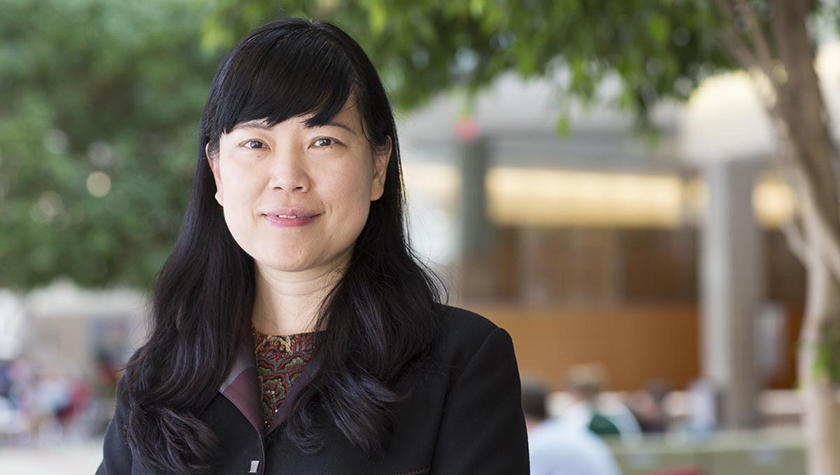
Professor Lingjun Li and lab members reveal the crucial role of neuropeptides in cocaine addiction, paving the way for novel therapies.

With support from the NIH, Assistant Professor Quanyin Hu uses a two-step system to attack triple-negative breast cancer.

With V Foundation funding, Assistant Professor Quanyin Hu aims to improve a cancer-killing hydrogel to improve outcomes for pediatric GBM patients.
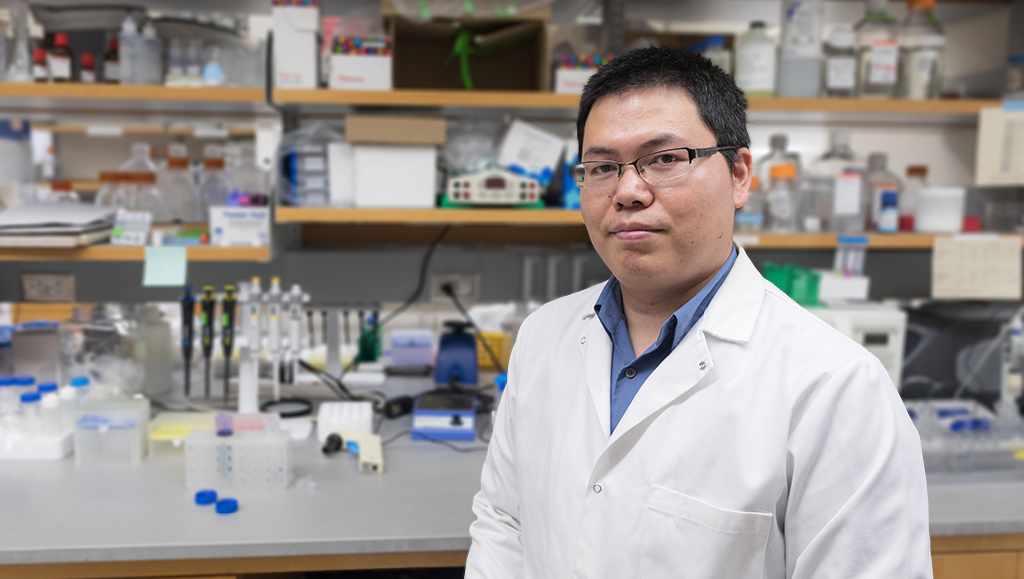
A cutting-edge platform developed by Assistant Professor Quanyin Hu uses protein-degrading platelets to suppress tumor regrowth and bolster immune response after surgery.
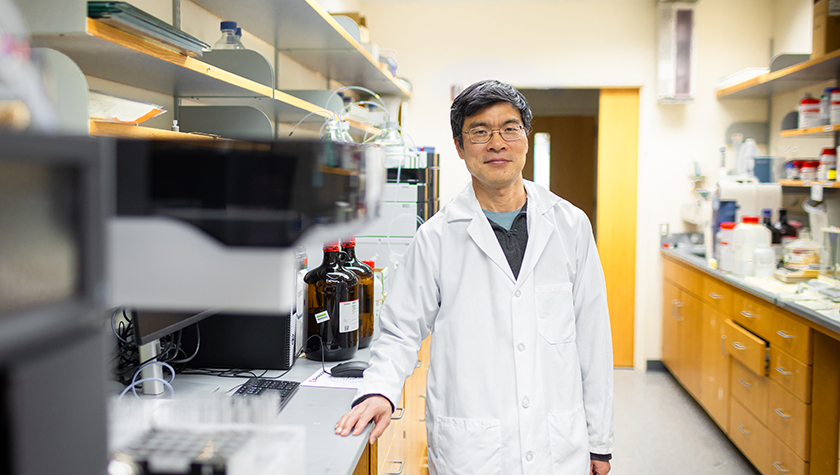
Professor Weiping Tang creates a new type of molecule to tag proteins on the surface of cancer cells for degradation.
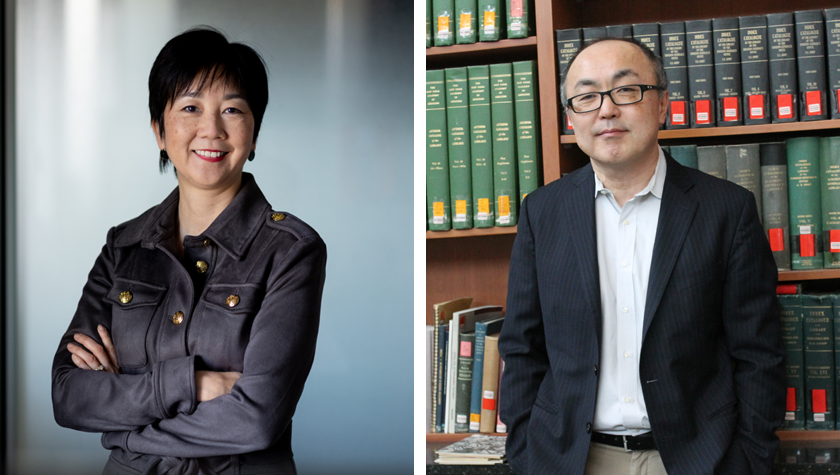
Professors Michelle Chui and Glen Kwon receive one of UW–Madison’s top faculty honors: Vilas Distinguished Achievement Professorships.
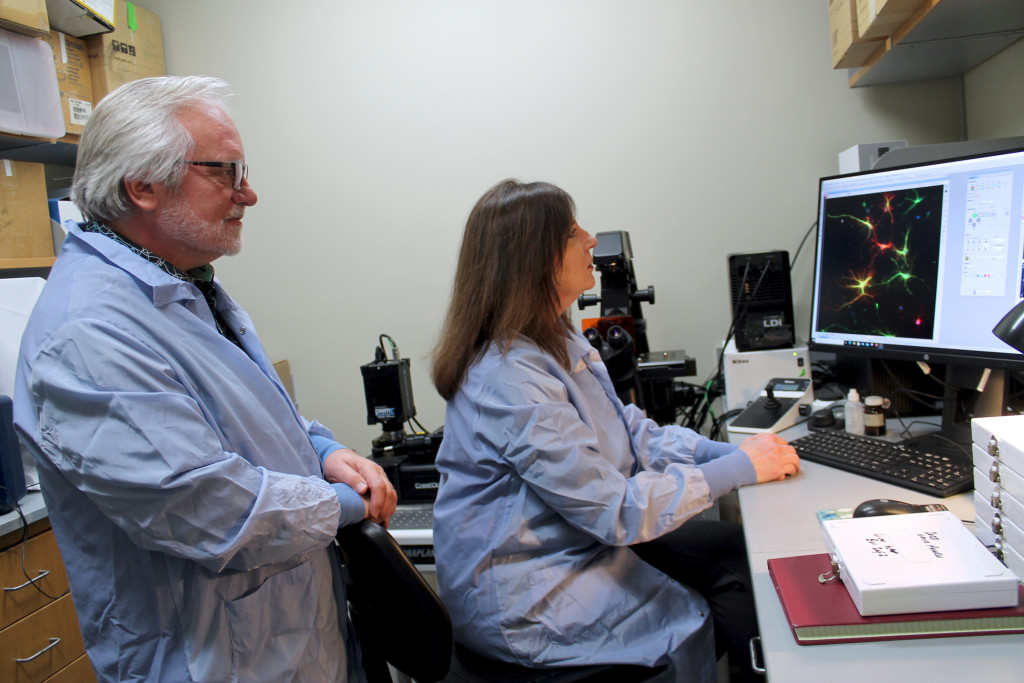
A newly developed nanomaterial that mimics the behavior of proteins could be an effective tool for treating Alzheimer’s and other neurodegenerative diseases.
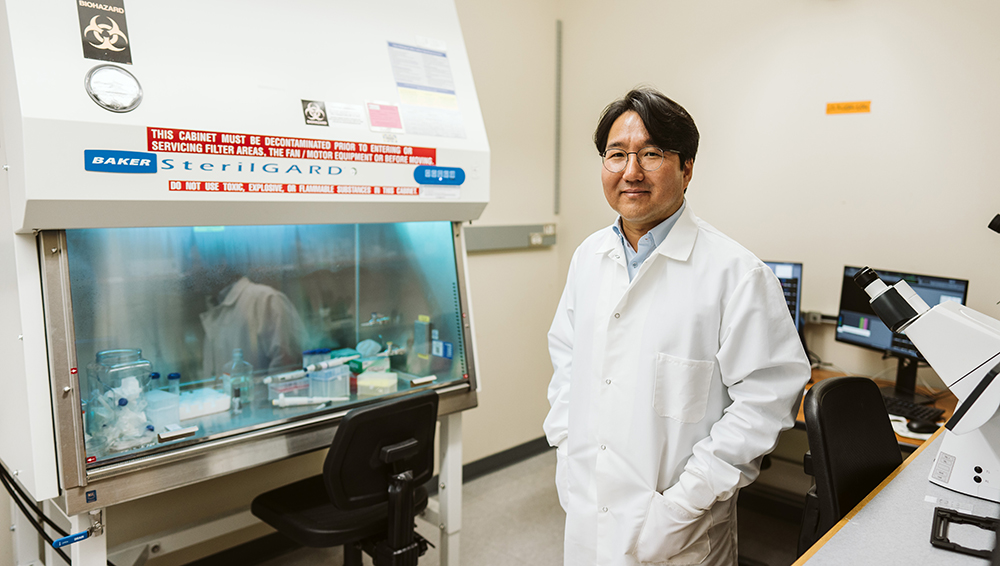
Professor Seungpyo Hong continues to advance technology to track circulating tumor cells, which could lead to a more effective, easier way to monitor cancer progression.